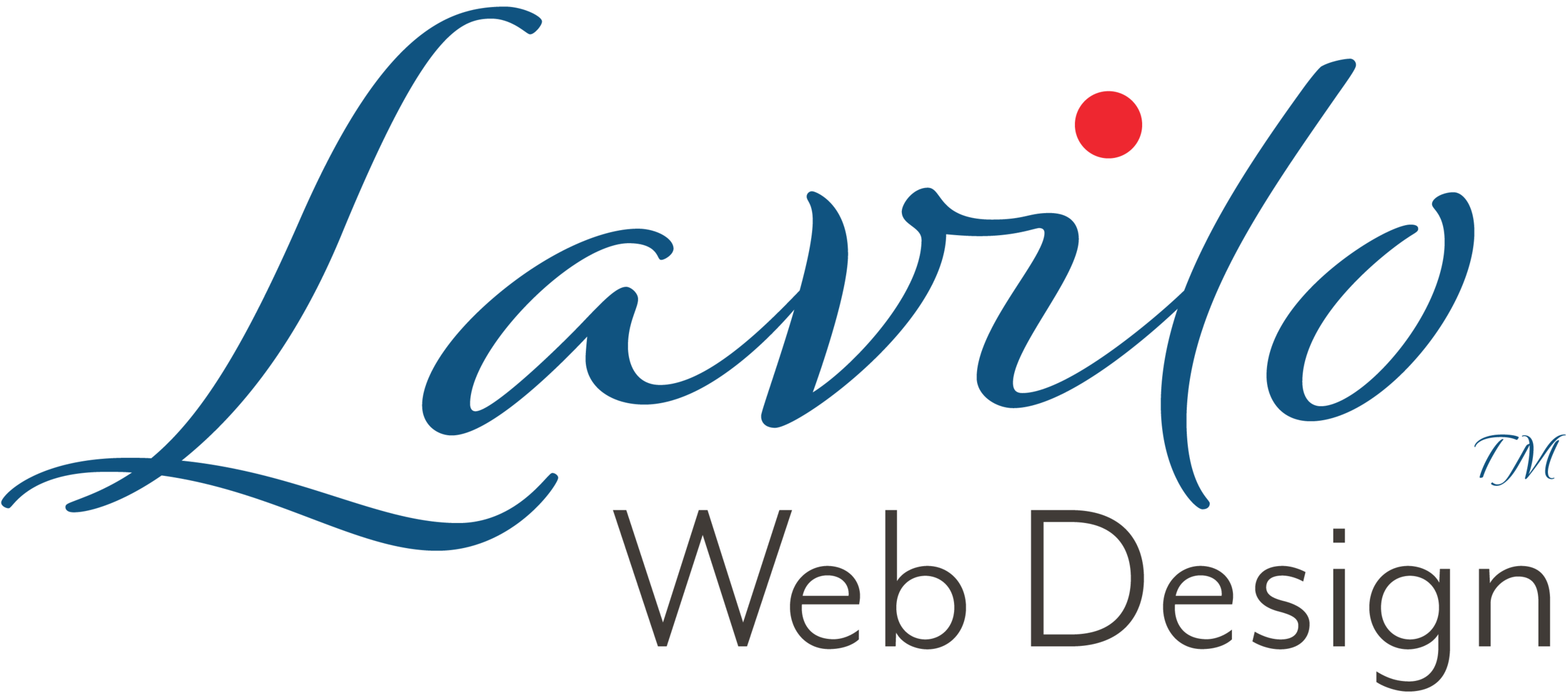How to Select New Markets! What Legos and Your Business Have in Common
A large gap between a business's core competencies and market expectations can be very costly to close.
I recently met an entrepreneur who told me that despite adding two new service lines a couple of years ago, their company had seen only a negligible increase in overall profitability. Frustratingly, the extra expenses entirely offset the revenues from these new services.
Several factors can lead to such a paradox: high competition, low service differentiation, lack of scalability, complex processes, low brand awareness, and unspecific marketing.
In my experience, the cause may instead lie in a large gap between a business's core competencies and market expectations, which can be very costly to close. Not every market is a good fit for your and your employees' skills. And that's where Legos come into play.
Skills + Practice = Competency
As a boy, I loved playing with Lego bricks. I built medieval castles, futuristic cars, vintage airplanes, and three-masted sailing ships. I constantly used and reused the same Lego pieces. My imagination was the limit to what I could create.
Think of your or your employees' skills as building blocks, similar to Legos.
Suppose you are very good at developing business strategies. That's a valuable skill that could be beneficial in multiple markets. You might also be good at writing texts or designing printed flyers using graphic design software. Can you use these three skills — or Lego pieces — to create well-designed social media posts? I think you could, but you could aim for more. Strategic thinking, good writing, and the proficient use of graphic design software are skills that can be transferred to another market: digital marketing.
However, success in a new market depends on competency rather than skill (competence) alone. The difference is practice.
A college graduate may have acquired the (theoretical) skills but lacks the practice of using these skills in real-world client jobs. A software engineer fresh from college may know how to write computer code but is no match for a 10-year veteran. A cook from culinary school isn't as good as a seasoned chef. And a doctor straight from medical school isn't as proficient as an experienced surgeon who has done a specific procedure hundreds of times. To achieve competency, you have to practice.
Apply Your Core Competencies to New Markets
When I ran out of a specific type of Lego bricks as a boy, my parents gave me Legos that complemented my existing set so I could build more things. They didn't give me wood blocks because I couldn't use them with Legos.
Selecting new markets is somewhat similar.
Avoid markets that require skills your business does not have and that are unique to these markets because you won't practice these skills enough to be considered competent. If the competency gap between the competencies a market requires and those of your business is too large, you might even need to hire dedicated employees, increasing expenses.
Instead, try to find markets that are compatible with your core competencies. These markets allow you to generate new revenues without increasing expenses because you can leverage your company's existing capabilities to serve them.












